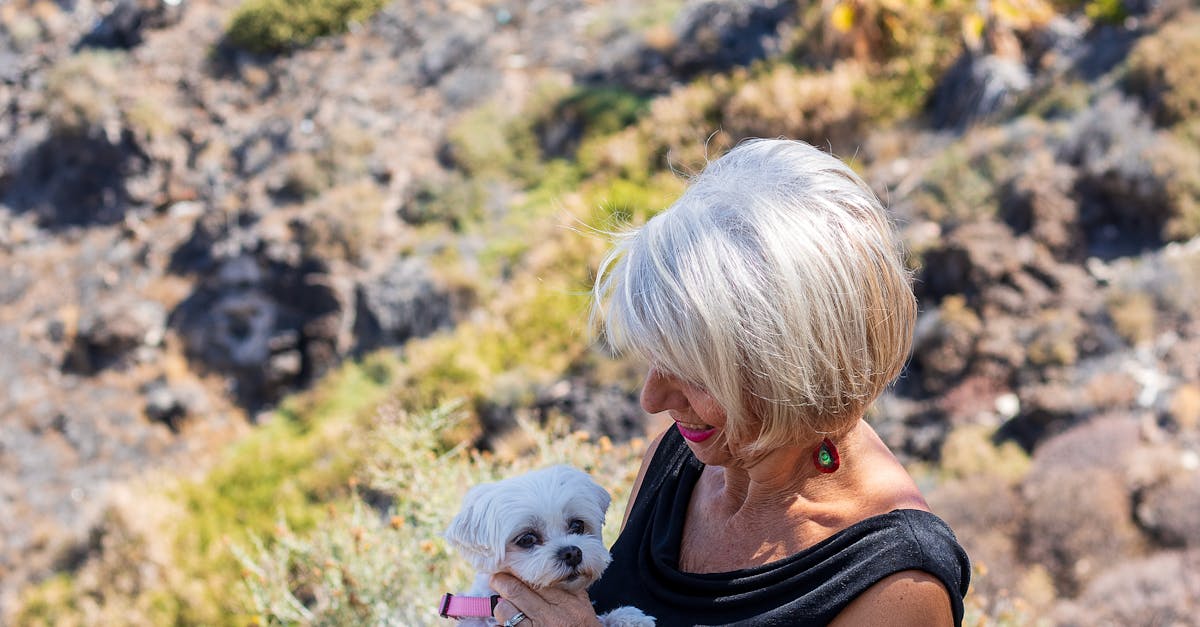Bringing your first dog home is an incredibly exciting milestone, but it can also feel a bit overwhelming. From choosing the right breed to understanding their needs, there’s a lot to consider. Don’t worry—this guide will walk you through everything you need to know to start your journey as a dog parent with confidence.
🩺 Vet Recommendations
The first step to responsible dog ownership is preparation. Before you even bring your new furry friend home, there are some key decisions and preparations to make. As a veterinarian, here’s what I recommend:
- Research breeds that match your lifestyle (energy level, size, and temperament).
- Find a reputable breeder, rescue, or shelter. Avoid puppy mills.
- Set up a veterinary appointment within the first week of adoption.
- Ensure your home is dog-proofed to prevent accidents or ingestion of harmful items.
- Invest in quality supplies like a bed, collar, leash, food, and toys.
Starting with the right foundation makes all the difference in ensuring a smooth transition for your dog and your family.
📋 Care Tips
Once your dog is home, their care becomes your top priority. Here’s how to meet their essential needs:
- Nutrition: Feed your dog a high-quality, age-appropriate diet. Puppies, adults, and seniors have different dietary needs.
- Exercise: Provide regular walks and playtime tailored to your dog’s energy level and breed.
- Training: Start basic training early, focusing on commands like “sit,” “stay,” and “come.” Consistency is key.
- Socialization: Expose your dog to different environments, people, and other animals to build their confidence.
- Health Care: Stay on top of vaccinations, flea/tick prevention, and regular checkups.
By meeting these needs, you’ll help your dog thrive both physically and emotionally.
✅ Do’s and Don’ts
Here are some additional tips to keep in mind as a first-time dog owner:
- Do establish a routine for feeding, bathroom breaks, and exercise.
- Do use positive reinforcement (like treats or praise) during training.
- Do provide a safe space like a crate or quiet room where your dog can relax.
- Don’t leave your dog unsupervised with small objects, cords, or toxic foods.
- Don’t punish your dog for accidents or mistakes—use patience and redirection instead.
- Don’t skip mental stimulation. Puzzle toys and training sessions keep their minds sharp.
Consistency, patience, and kindness go a long way in building trust and a strong bond with your dog.
💡 Expert Advice
As a veterinarian, one of the most common concerns I hear from new dog owners is about behavioral or health challenges. Here’s my advice:
- Be proactive: Address any behavioral issues early with training or professional help.
- Monitor their health: Keep an eye out for changes in appetite, energy levels, or bathroom habits.
- Build a relationship with your vet: Regular checkups can catch potential issues before they become serious.
- Enjoy the journey: Remember, your dog is learning and adapting to their new home just like you are. Celebrate small wins along the way.
According to the ASPCA, nearly 3.3 million dogs enter U.S. shelters every year (source). By providing a loving and structured home, you’re giving your dog a wonderful chance at a happy life.
FAQs
Q: What’s the best breed for a first-time dog owner?
A: Breeds like Golden Retrievers, Cavalier King Charles Spaniels, or Labradors are great for beginners due to their friendly and adaptable nature. However, always consider your lifestyle and energy level when choosing a breed.
Q: How do I potty train my new dog?
A: Establish a routine, take your dog out frequently (especially after meals and naps), and reward them when they go in the right spot. Be patient and consistent—it can take several weeks for them to fully learn.
Q: What should I do if my dog seems anxious or scared?
A: Provide a calm environment, avoid forcing interactions, and use positive reinforcement to build their confidence. If anxiety persists, consult your vet for advice.
Book a $49 online vet consultation at https://www.dialavet.com for fast, expert advice.























